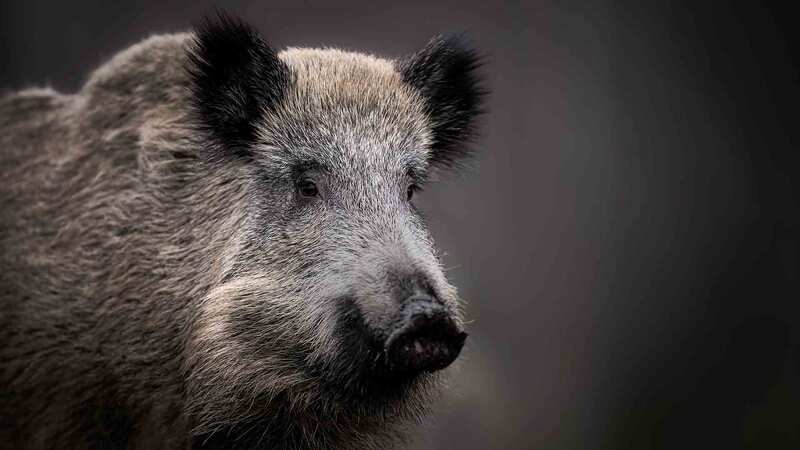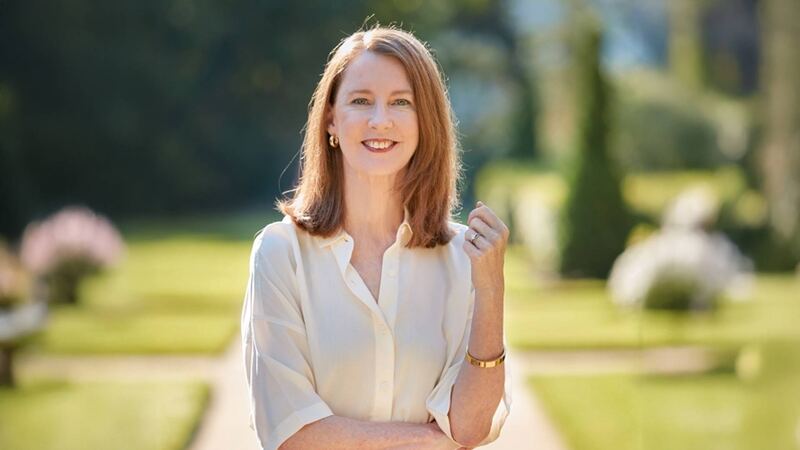You are viewing your 1 free article this month. Login to read more articles.
Lenny Henry and Sharmaine Lovegrove contribute to Headline Windrush title
Headline is publishing a new exploration of the Windrush generation, Mother Country: a book comprising over 20 real-life stories, and including contributions from MP David Lammy, comedian Lenny Henry and Dialogue Books publisher Sharmaine Lovegrove.
It has been curated by Charlie Brinkhurst-Cuff, deputy editor of gal-dem magazine, and will be released this October, Black History Month. Senior commissioning editor Fiona Crosby bought world rights directly from Emma Paterson while she was at RCW. Paterson is now at Aitken Alexander.
In a foreword to the book, Lammy writes: "The story of Windrush must not be sterilised, or overly simplified. It is not only a story of successful integration, sport and cultural icons, or even everyday heroes like my mother, any more than it is only a story of Home Office failure, of systemic racism, or the consequences of slavery. The story of Windrush, is, like any other, a story of humanity. Of life, love, struggle, hope, misery, success and failure. It's one that is too often neglected in our media […] but this volume acts as a remedy to that failure of story-telling, which I ask you to both savour and share."
Other contributors to the book include singer Corinne Bailey Rae, poet Hannah Lowe, BBC 1Xtra DJ Jamz Supernova, actor and playwright Natasha Gordon, and writer and director Rikki Beadle-Blair. The book also features a series of "personal and moving" true stories from all generations of the British-Caribbean community.
Crosby said: "Following a summer in which the word ‘Windrush’ seemed to become synonymous with the Home Office scandal, I wanted to publish a book that gets back to the heart of this story. Charlie has done just that by curating this remarkable collection, full of warmth and honesty. Mother Country spans the decades with narratives that are about identity, belonging, heartbreak and bravery, but above all – family."
Brinkhurst-Cuff said: "This is a collection which represents the most beautiful and tragic aspects of Caribbean-Britishness: the food and colour (in multiple senses) that we brought to this country in the post-war period; our propensity toward morbidity and our ability to keep moving forward after unimaginable trauma. The narratives we exist within are not linear or simplistic. Black and Asian people lived in the UK before the Empire Windrush set sail and it was not just Jamaican men who travelled here. The legacy of the second and third generation Windrush children, as found within the pages of Mother Country, is to keep disrupting and exploring our past in a way that cannot make up for travesties like the Windrush scandal, but that can be corrective."


















